Test taking season is here. <Insert groan and eye roll.>
I know that testing is not fun. Test prep does not have to be stressful for you and your students. Check out these simple tips for preparing for math testing.
Use math centers to teach skills all year
Coming up with engaging math lessons for both new concepts and to review can be exhausting and time consuming. But, I’ve got you covered!
Try THESE math centers. They have the same set-up with all your math concepts for the year.
Students love the fun activities and I love that they are consistent so that I don’t have to waste time teaching students HOW to complete the activities.
I even have sets specifically for test prep!
Click HERE for 3rd grade test prep centers.
Click HERE for 4th grade test prep centers.
Click HERE for 5th grade test prep centers.
Since the centers are fun and engaging, they take the groans out of test prep.
Use reference materials that mirror the test.
Most state or national standardized tests have reference cards or materials (formula sheets or rulers) that may be printed offline for practice.
Even if the actual testing materials are digital, it’s important to let your students know what the reference guides will look like and what they can use on the day of the test. Head to your state’s testing site to see what they have available!
Review using technology.
Do you have any devices in your classroom?
Getting ready for testing can be fun by using online, interactive competition games like Kahoot or personalized learning websites like Moby Max or Zearn.
Review with hands-on activities.
I have said it before, and I will say it again: I hate worksheets. I really do. They are so boring!
Students will engage and remember more of your review if they are moving, playing and creating.
My students love to practice their math facts (crucial for the math test!) using THESE free games. The fidget spinner is a fan favorite for sure!
Another fun way to get your kiddos practicing tough skills is with interactive notebooks. I use them in small and whole group all year. During test prep, I choose skills that students are still struggling with and give them additional activities for their notebook. I also like to take any of the activities that I prepped, but we didn’t have time for, and put them in their centers.
Keep it meaningful- but hands-on and your kids will learn so much more!
Don’t rush the curriculum.
Your math curriculum was written to take the entire school year. Testing is not on the last day of school. The reality is that you will not get to everything before the test, but your students will be tested on everything.
Don’t get scared and start teaching three lessons per day! You will lose your students. You might cover everything before the test, but your students won’t learn everything before the test.
Instead, look at your pacing guide and make sure that you cover the biggest testable units prior to testing. In third grade that would be multiplication, division and fractions. Put the units that don’t have as many questions on the test at the end of the year. For third grade, that would be geometry. Check your state’s testing website. They might even have a guide as to the percentage of questions from each domain.
If you use math groups, you can teach some mini lessons for those skills that you won’t get to teach before the test. You could do this with groups that are higher and don’t need as much small group time to review the current skill you are teaching.
This means that the lower groups might not even get introduced to a skill before the test. That’s ok. I would rather spend tons of time helping them to master multiplication and do well on that portion of the test than to quickly teach everything and have them do poorly in all areas.
Foster a growth mindset.
When it comes to math, the phrase “I can’t” gets tossed around a lot. Adults and children alike can have a mentality that they are not good a math or not a math person. Use positive language and tell your kids that struggle with math concepts, to ask questions and approach problems differently. Instead of saying, “I can’t”, try saying, “I’m getting better with practice.” Positive language makes all the difference when promoting growth in any subject, especially math.
When it’s time to take the big math tests this year, your students will be prepared with these math test taking tips.
Focusing on big concepts and having fun all year will help your students have the confidence they need to continue to show progress and pass their tests.

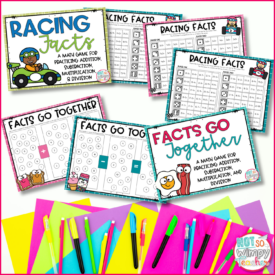
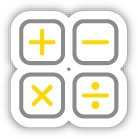







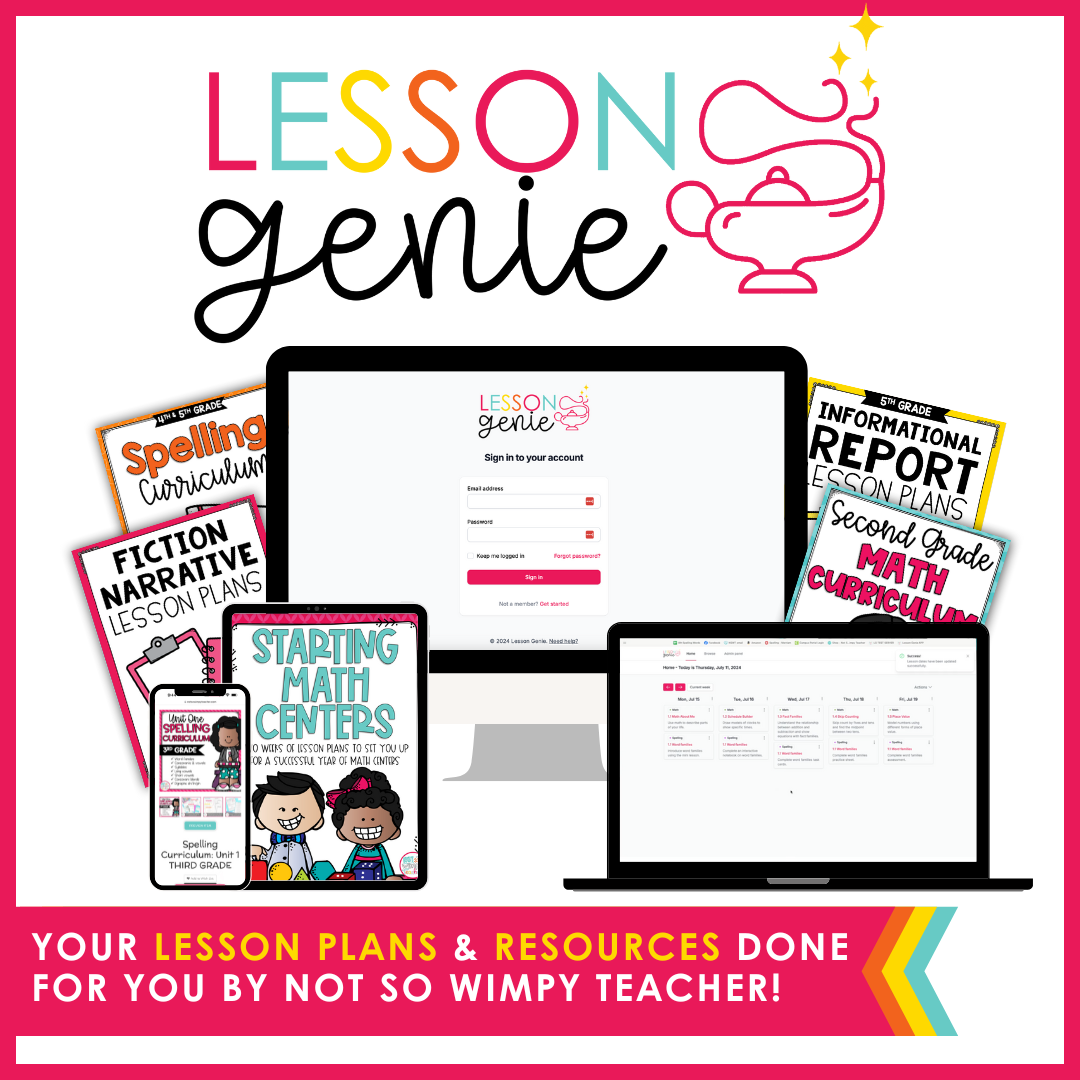
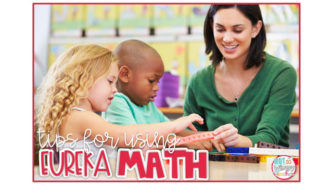
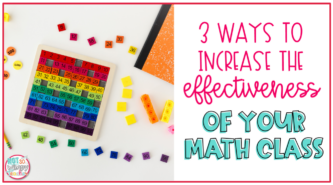
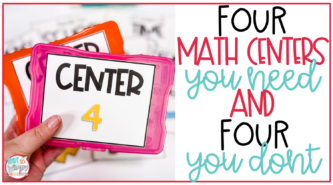
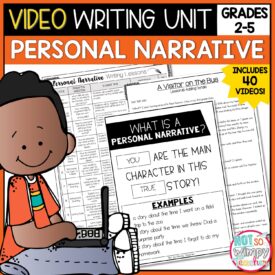
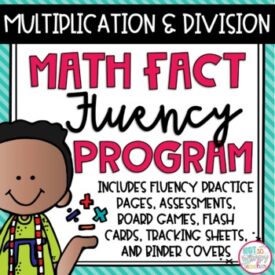
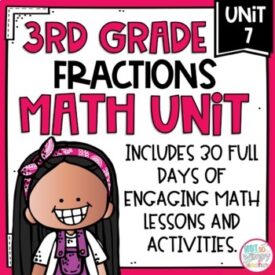
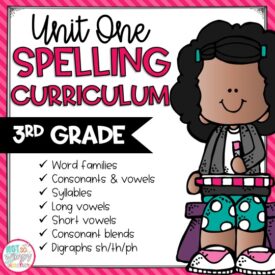
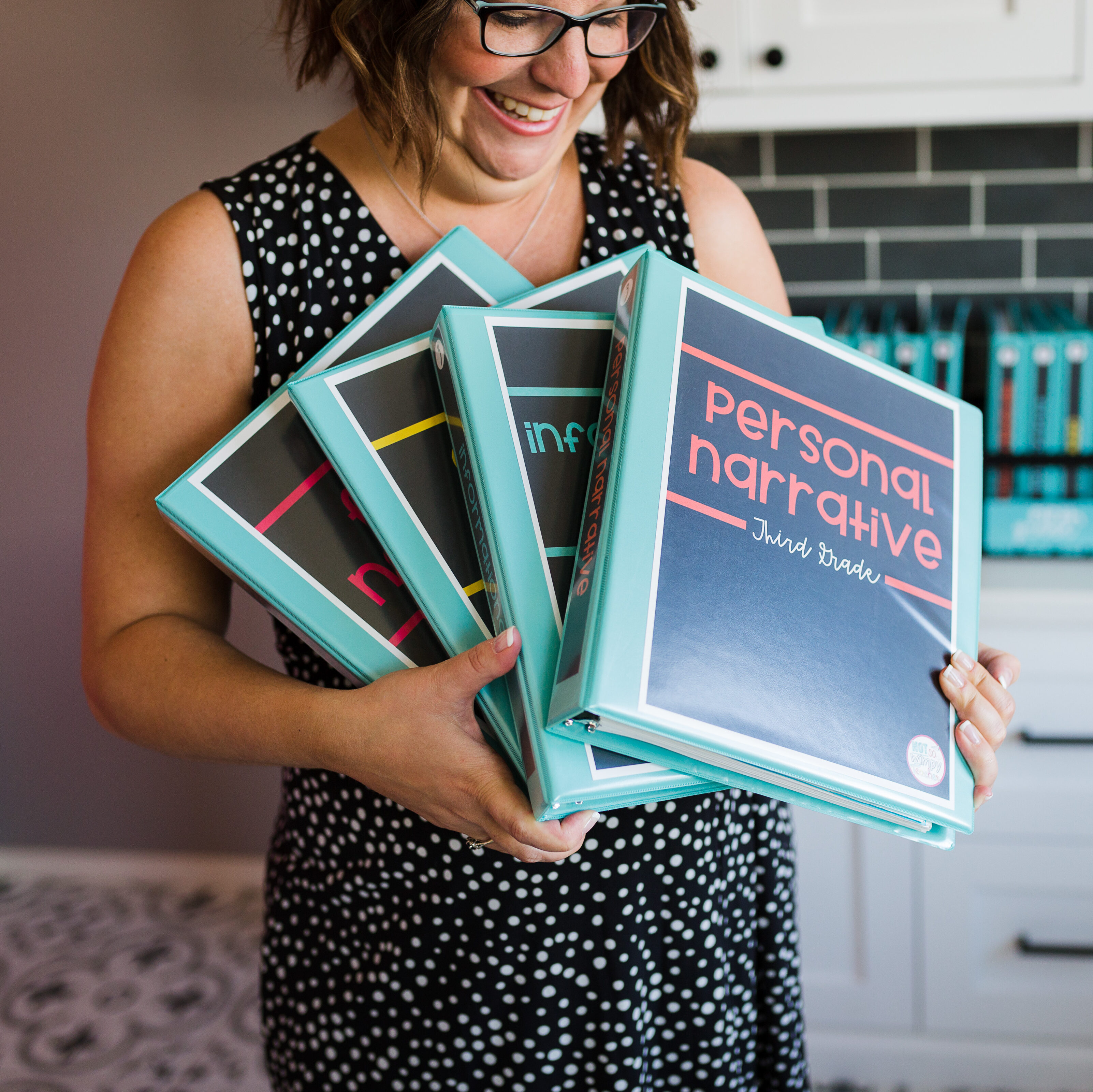






 End of Year Carnival Week for grades 2-5!
End of Year Carnival Week for grades 2-5!
Leave a Comment